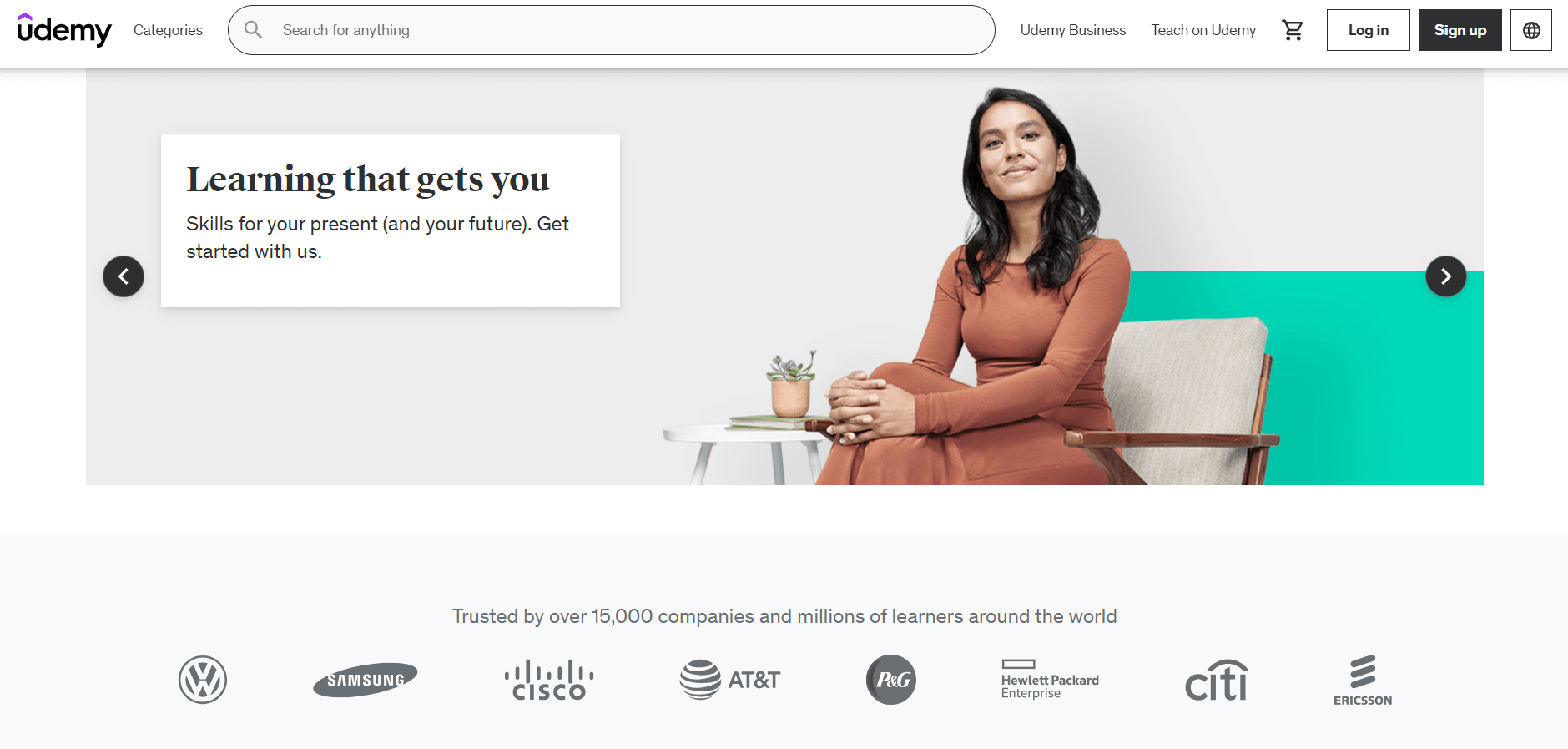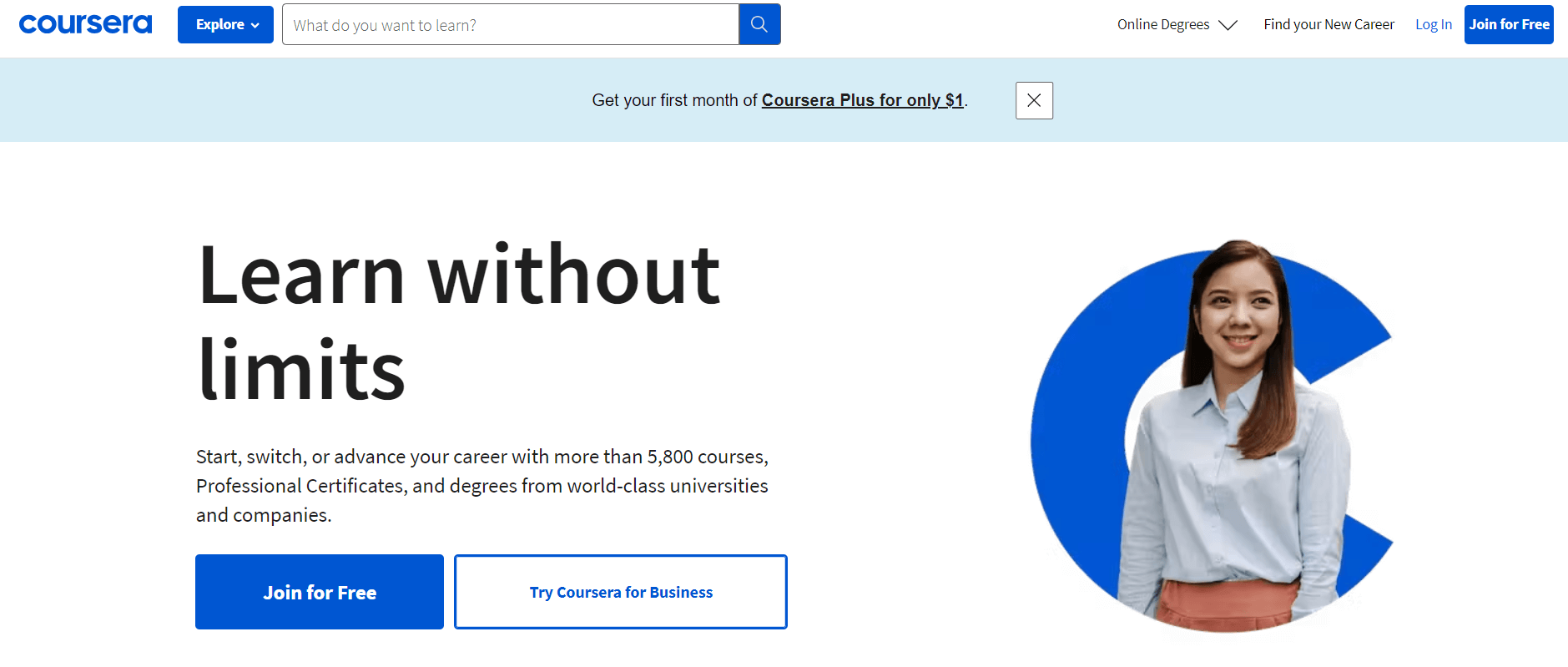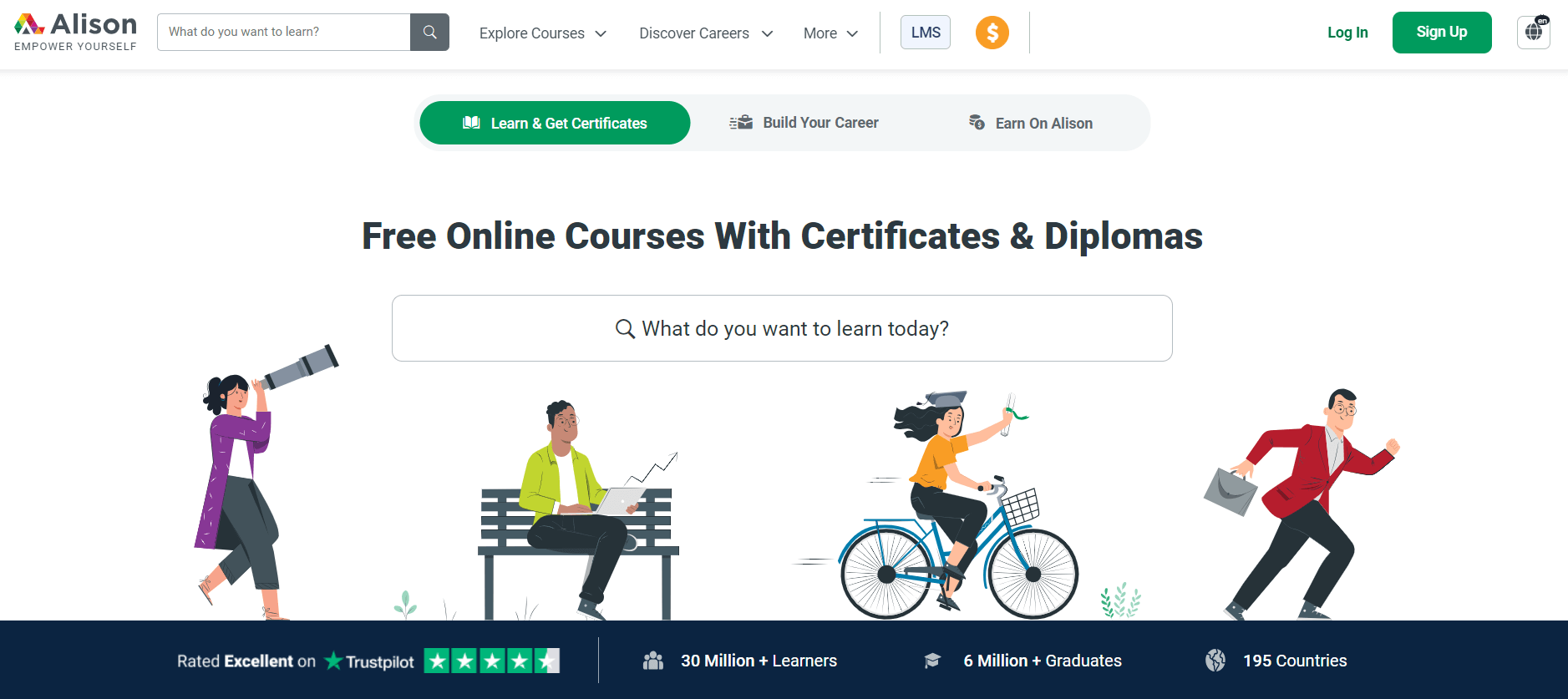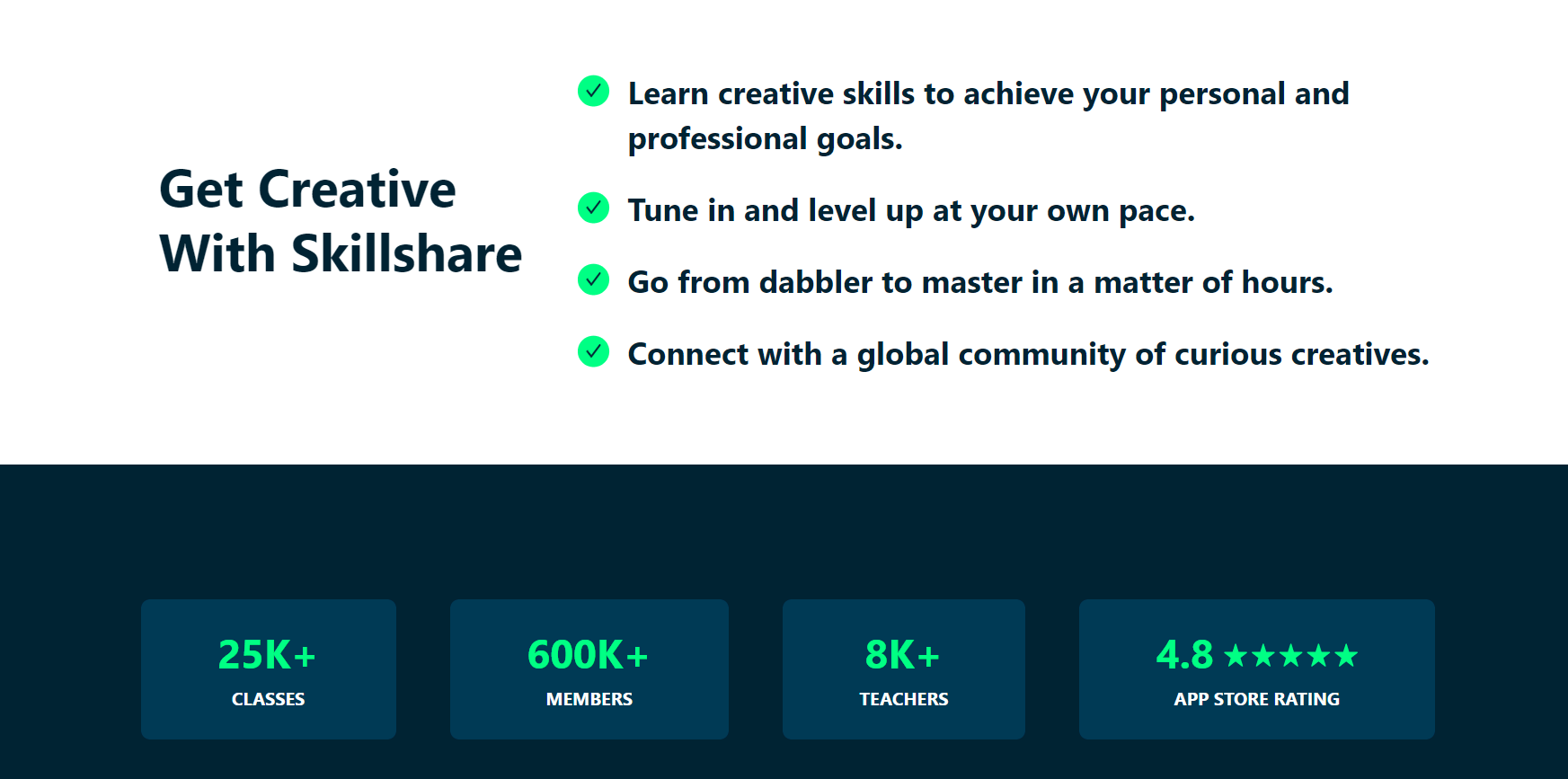Blog
An online course is an opportunity to expand your knowledge, acquire certain skills or even master your dream profession from scratch, while you can study anywhere from a computer, tablet or smartphone. Thanks to well-known educational platforms, you can even buy a completely ready-made curriculum and go through it at your own pace, and if you have questions, you can instantly contact the teacher. But this method of learning has its own characteristics, which you will learn about in this article.
Table of Contents
ToggleWhat is an online course

An online course is a form of training via the Internet, which allows remote access to educational content. You can study in real-time with other students or one-on-one with a teacher, purchase the curriculum and study at your own pace. There is even a Drip course, that is, access to the content of each section or even a lesson is opened gradually: you have completed one class and received another, or you get access to a new section every Sunday.
This form of training takes place on educational platforms. For example, I really like the online courses on Udemy because I can go to the platform, find the training programs I want and buy them, and then take them at my convenience. So I bought an online course on SEO, immediately went through certain sections to refresh my long-forgotten knowledge, and now I am gradually going through the following topics.
What are the types of online courses
There are two main types of online courses – synchronous and asynchronous. At the first, teachers and students interact in real time, that is, they study at the same time at the same pace, and classes are held using video conferencing tools. On the second, students and teachers do not need to be online at the same time, because students get access to pre-recorded lectures and assignments.
Asynchronous online courses are in great demand, because they have very important advantages:
- flexibility – students can access course materials and complete tasks at a time convenient for them, which is especially important for people with busy schedules;
- self-paced – you get access to all the material beforehand, so you can spend more time on complex concepts and less time on topics you already understand;
- less pressure – the absence of hard deadlines and real-time evaluation minimizes the stress of studying;
- greater effect – you can review the course materials at any time without rushing to understand complex concepts and get to know the content more deeply, immediately find additional information and independently analyze specific questions;
- variety – asynchronous online courses are usually more varied than synchronous ones, offering students video lectures, written materials, midterm and final tests, and discussion boards.
I have not taken synchronous online courses, but I have taken offline training in Search Engine Optimization (SEO). I liked working with other students (new acquaintances, sharing experiences), but it was difficult to come to study at a specific time, combining them with work. In addition, it was difficult to adapt to the pace of other students, because some already had experience with SEO, while others were complete beginners. Sometimes I wanted to skip some topics and pay more attention to others.
That is why I like asynchronous online courses: buy the program and go through it at your own pace. For example, on some topics I can stop and look for additional information on the Internet, and only then move on to the next topic. I don’t need to adapt to anyone, and at the same time I can always ask the instructor a question in the general chat or write in private.
Where to find online courses
On the Internet, you can find many sites with interesting training programs. I personally like the following platforms with online courses:

Udemy
Udemy is a well-known platform where students can buy ready-made online courses and then take them at their own pace. There are a huge number of offers, permanent discounts of 80-90%, lifetime access to course materials after purchase, a separate block for questions and answers. The disadvantage of the platform is the high risk of receiving low-quality training (anyone can become an instructor, so you have to be very careful), as well as the limited interaction between the teacher and the student.

Coursera
Coursera is an education platform that partners with universities and organizations to offer a wide range of online courses, specializations and degrees. Courses are often taught by leading professors and institutions, and students can earn degrees and certificates from accredited universities. But it should be taken into account that some educational programs have a fixed schedule. In addition, they can be expensive, especially specializations and degrees.

Alison
Alison is a platform with free online courses, mainly in the areas of professional and professional development. You can complete the training program for free, but you will need to pay somewhere between 10-20 dollars to get a certificate. Just be aware that Alison has a limited selection of academic or advanced courses.

Skillshare
Skillshare is an online learning community that focuses on creative and practical skills such as art, design and entrepreneurship. The platform offers a subscription-based model with unlimited access to educational programs, emphasizes practical project-based learning, plus actively develops the process of communication between students. However, there are far fewer courses and the emphasis is on traditional academic subjects.

edX
edX is a nonprofit platform founded by Harvard and MIT that offers a wide range of courses, including many from leading universities. It offers high-quality training programs from well-known universities, and there are many free online courses with a certificate for a fee.
Each of these online course platforms has its own unique advantages and is suitable for different types of learners. The choice should depend on your learning goals, preferences and the subject you wish to study. I personally like Udemy: yes, the courses are paid, but they are very high-quality, the platform itself is incredibly convenient, after completing the training program you can get a certificate (included in the price of the course), besides, there are constantly promotions with discounts of up to 80-90%.
What are some examples of online courses
The OnlineCourseSeeker site contains dozens of online courses with detailed descriptions. A page with a link to the educational platform has been created under each one, where you can view the training program, individual lessons, and user reviews. That is, you are already on a web resource where you can see examples of online courses – you just need to look at the catalog and choose the best option for you.

But still, I want to share with you one program that I am currently going through – The Ultimate SEO Training 2023 + SEO For WordPress Websites. This is an incredibly cool online course on search engine optimization of sites that will help you understand this complex topic from scratch. You will learn current and effective strategies for web promotion, keyword research, on-page optimization, content creation, UX improvement, backlink acquisition and many other useful things.
If you are looking for a training program in another field, then go to the catalog of online courses and choose the best option for you.
What is an online course: Frequently Asked Questions
Yes, many studies suggest that online courses can be just as effective as traditional classes. The key lies in the quality of the content, the engagement of the learner, and the design of the course. Of course, some people prefer traditional offline learning, so you need to be guided by your own needs and the specific course.
Yes, many reputable online courses and institutions are recognized by employers and educational bodies. It’s important to choose courses from accredited providers and check for industry recognition.
Absolutely. Most online courses provide forums, discussion boards, and other means of communication to facilitate interaction with instructors and peers. Virtual classrooms and live sessions are also common for real-time engagement. For example, on Udemy, each course has a separate section where you can ask a question and the instructor or students will answer it. And you can personally write to the teacher!
Look for accreditation, reviews, and endorsements from reputable sources. Check if the platform has partnerships with industry leaders and if the instructors have relevant credentials. Researching the course and platform thoroughly can help ensure credibility.
Personally, I have heard a lot about Udemy, so there were no questions about trusting the platform. But I studied each course very carefully, especially the information on other sites from people who have already completed this training program.
